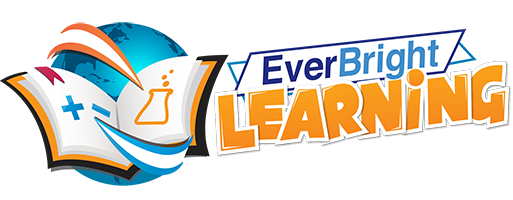
Reading ability is different for each child but, by age 8, they should mostly be reading on their own.
It doesn’t matter if you’ve used phonics, flashcards or something else to teach your child to read. If they are not able to read by 8, it may be due to an underlying problem called dyslexia.
How would you know if your child has a problem?
- Poor phonological awareness
Before 5 years old, your child should be able to tell you words that rhyme together and be able to play “I spy”. They should be able to think of words that start with the same letter sounds.
If they can do this, they have normal ‘phonological awareness’. They can hear the sounds in words, which is the biggest predictor of reading ability. But, if they struggle with this, they may have ‘phonological deficit‘, which is a symptom of dyslexia.

- Hate Reading
Your child may hate reading, often to the point of refusing. They may like it when you read to them but they don’t like reading themselves. This isn’t them being lazy – they have the concentration skills needed to read – they just find it too hard.
- Not progressing to fluent reader
Your child may be able to read a bit but not fluently. At 7, they should no longer need to read out loud or move their lips when reading. They should stop using their finger to keep their place. If they are still doing this, they may have dyslexia.
- Their Speech
Their speech also gives clues. They may have problems, either with pronunciation, or struggle to remember words. Or, they may be very articulate with a large vocabulary and you’re surprised they’re struggling to read and write.
- Handwriting and Spelling
By 7, their writing should be legible and their spelling understandable. They will make mistakes, but you should be able to understand what they were trying to write. If not, again, this may mean dyslexia.
- Behind their siblings
If you have more than 1 child and one is very behind where their sibling was at that age, you should take note. Intelligence is largely inherited, and their environment is largely the same. So, if they’re not where you think they should be, start investigating dyslexia.
- Not responding to structured teaching
Children without dyslexia respond well to structured teaching. If you’ve used a structured program and they’re still struggling, this also indicates they need help.
- Family history of dyslexia
Dyslexia isn’t inherited, but it does run in families. A vaccinated child with a dyslexic parent is more likely to also have dyslexia. Dyslexia appears to be linked to gut problems. If your child has stomach problems, or gluten sensitivity, these may all linked.
Online Screening Test
There is a quick and easy way to find out if your child has dyslexia with Dyslexia Gold’s Screening Test. (http://dyslexiagold.co.uk/dyslexiaScreeningTest).
It will give you more information about your child’s strengths and weaknesses. It will let you know if there’s a problem and what you can do to support and help your child.

